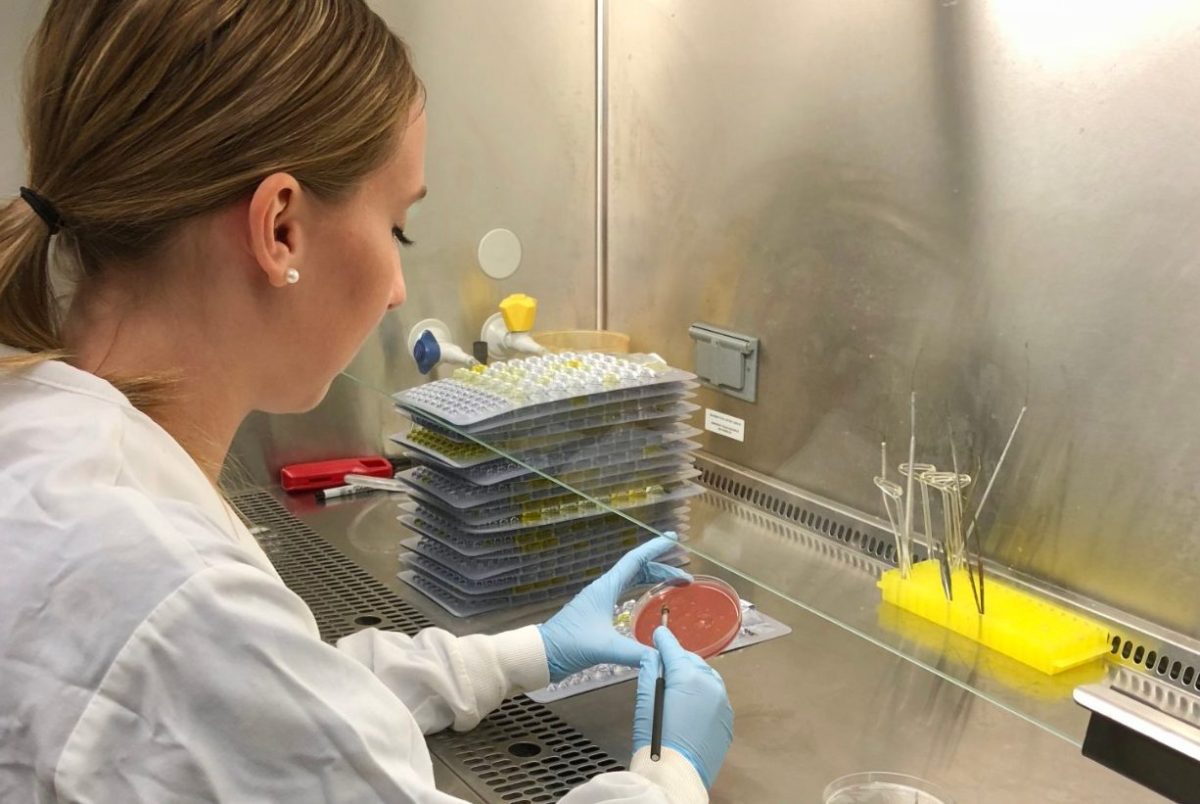It all started with a few phone calls to check in on friends at Texas A&M and the University of Florida.
After hurricanes Harvey and Irma battered the southern coastline, Kelsey Pieper called Extension faculty from the two universities — friends she’d met through her work as a U.S. Department of Agriculture National Institute of Food and Agriculture postdoctoral fellow at Virginia Tech.
“We just reached out and were like, ‘Hey, we’re thinking of you, do you need anything?’ And then that started the conversation of ‘what are you all doing after the flood?’” said Pieper.
Her next question: “How can we help?”
Now, backed by a $200,000 National Science Foundation RAPID grant and advisory support from civil and environmental engineering professors Marc Edwards and Amy Pruden, Pieper, postdoctoral researcher William Rhoads, civil and environmental engineering Ph.D. candidate Kristine Mapili, and a team of Virginia Tech students are helping reach well owners with vital information on well-water supply contamination, the likelihood of which increases following hurricanes.
The grant will fund the on-the-ground distribution of water sampling kits and educational training in Texas and Florida, which faculty from Texas A&M’s AgriLife Extension Service and University of Florida’s Institute of Food and Agricultural Sciences Extension program will lead. The Virginia Tech team will analyze the samples and distribute the results to well owners.
